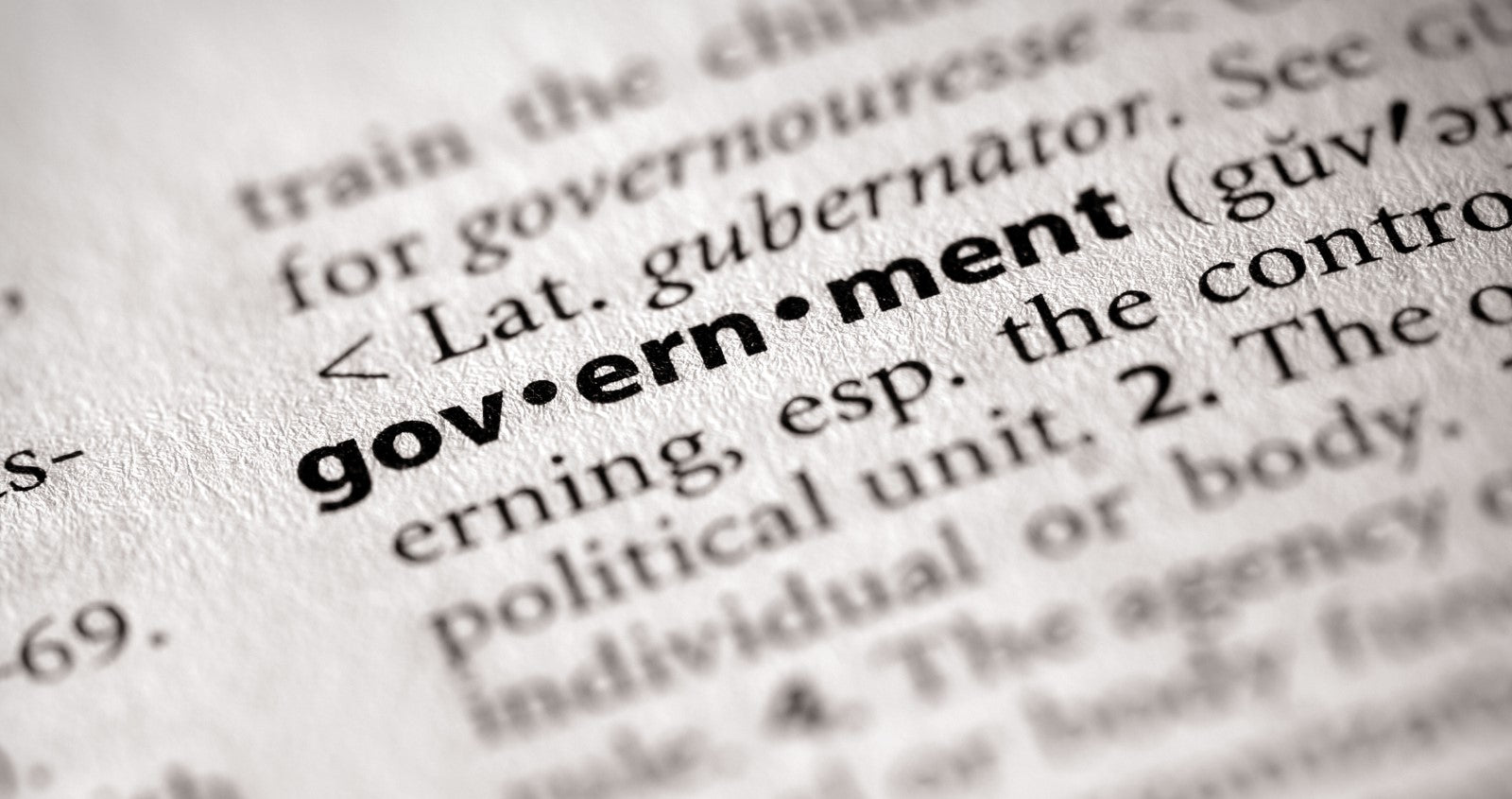I wish the cards were also available in Spanish at least.
Great experience. Ordering online was easy & delivery was prompt. Merchandise is fantastic!
Thank You!! The Box arrived on time and all was well!! Always a great job every time I have ordered!!
I'm a piano teacher. I will place the pocket constitutions in a plastic display holder with a sign: take one


4 comments
Nice article
Wish to learn more of governance from you
Nice article
Wish to learn more of governance from you
James B. Horton
Mention should be made to the 17th amendment which made Senators elected by the populace of a state instead of appointed by and Servant to the States. This drastically altered the power of the States and changed the structure and power of the Constitution. The House was to be the voice of the People, the Senate the voice of the States. This one step created most of the problems we have today. You should do several articles on this due to it’s far reaching effects.
James W. Sanderson
THANKS… for the Great article… diving a little deeper into the principles written into the original US Constitution. Hopefully, it will inspire individuals to learn more and practice more the proven principles of our Constitutional Republic…